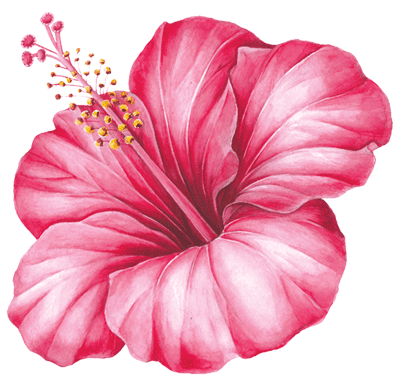1896
It was supposed to be a tropical paradise. That was what Mr. Flagler said when he told Herb he was moving him from the Jacksonville/Fort Pierce route to the new Miami run of the Florida East Coast Railroad. It was an honor, Mr. Flagler said, to be the engineer on the first run. An expression of how much he valued him as an employee. If the run was successful, Herb would have the position permanently, and he should think about relocating his family there. But Herb’s wife Mary wanted to be sure this newfangled idea of a daily train south to the wilderness was going to work before she made another move. She wasn’t on this first train. She and their two boys Leo and Eddie were waiting back in Fort Pierce.
It was too dark in the town for Herb to see much of anything as the fifteen-inch wood-burning Schenectady engine pulled five cars into the station at nine p.m. on the night of April 22, 1896. Well, ‘station’ is a pretty highfalutin word for a wooden platform with just a tiny telegraph office at one end, he thought.
As soon as the train had fully stopped, Mr. Flagler, dressed in a frock coat and top hat, hopped off and greeted the few people who had come out to meet them. The infamous Mrs. Tuttle was there, Herb noted. She was the one who had pushed and pushed to get the track run all the way down to Miami
“We’d planned some speeches,” she heard the woman say, “but with the train so late, most everybody already headed home.”
Herb jumped down from the engine and headed back to the caboose to get his bag, wondering where he could get a room for the night. He could see a few wooden buildings lined up along the street, so he and his conductor, Ed Steinhauser, headed that way.
“It’s a pretty hard-looking hole, ain’t it?” commented Ed.
“Sure is. I can’t see asking Mary to bring the boys down here to live, at least not yet,” Herb replied.
“Maybe it will look better in the daylight.”
“When did you get to be such an optimist?” Herb laughed.
They had asked a few people at the station where to get a room. The Hotel Miami, one man said, was their best bet. It wasn’t finished, but they could probably snag a blanket and a spot on the floor. Someone else suggested they try Captain Vail’s, an old river steamship that had been turned into a hotel. It was moored at the mouth of the Miami River, down near the bay. Other than that, there were some tents in the woods outside town, and maybe someone would be kind enough to let them stay, but the man didn’t recommend it. You never knew who was living out there at any given moment. Could be a mite dangerous.
Herb and Ed headed east, toward where they knew the water was, even though they couldn’t see it.
“Looks like they’ve got big plans around here,” Herb said as they walked. The streets had already been laid out, even though almost no buildings had been built. Trees had been grubbed up and rocks lined the dirt paths, showing the layout for the eventual “Magic City,” as the town’s movers and shakers were calling it. The debris was piled so high you couldn’t see anything over it, not even Biscayne Bay, that they knew must be just up ahead because they could hear it lapping softly again the shore.
The April night was sultry, but after a day spent next to the firebox of a steam engine, the light breeze was refreshing. It was warmer than it had been a hundred miles north in Fort Pierce. The crickets were chirping and the scent of the night-blooming jasmine and gardenias, already in flower here, was in the air.
Another noise assaulted their ears as they neared the edge of town. Two saloons stood side by side; they could hear a piano playing and the shouts of men who had obviously had a few too many. One of the buildings had a sign, “Woods’ Saloon,” over the door, and two men came bursting out taking jabs at each other. One of the men fell at their feet, scrambled up, then turned to continue the fight. The two trainmen stepped around them and kept on their way.

